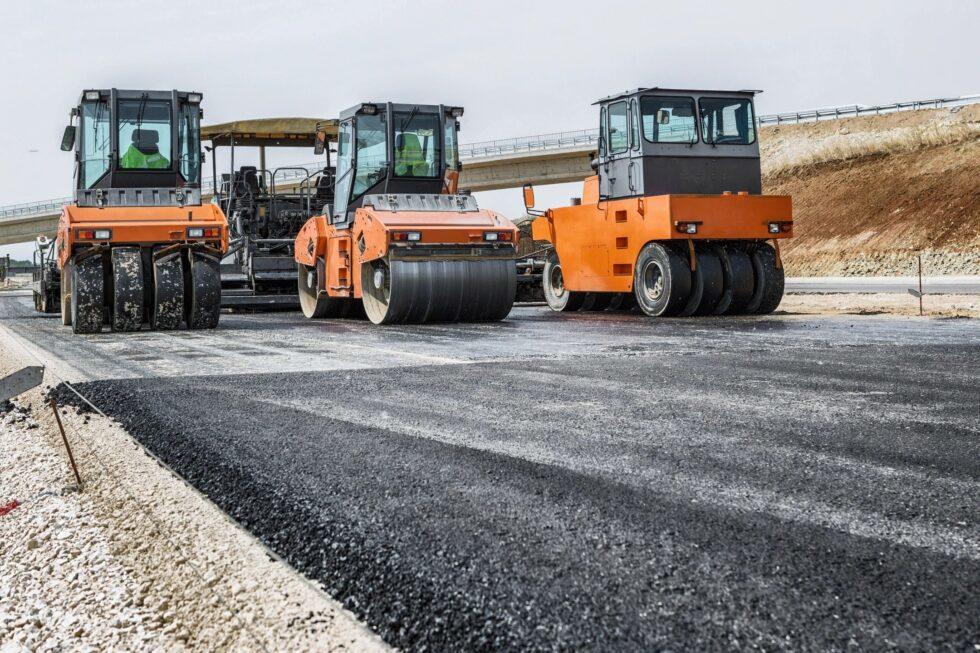
Caption
Georgia’s roads and highways are in better shape than those in a lot of other states, due to the region’s milder weather but also thanks to transportation funding legislation the General Assembly passed in 2015 that provides about $900 million a year.
Credit: Stock photo

